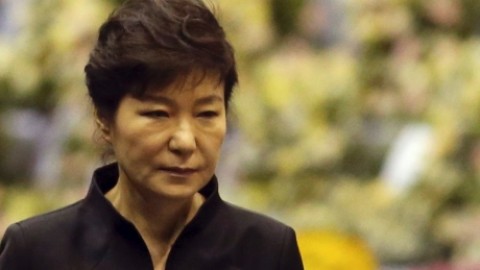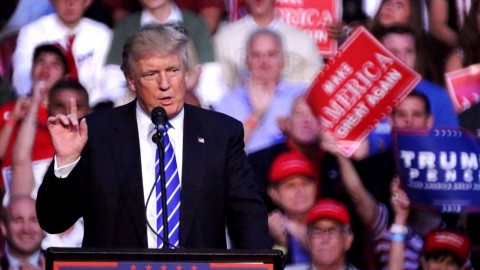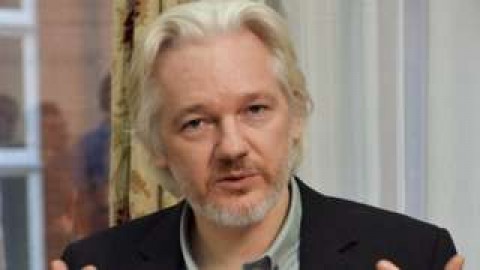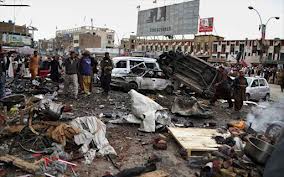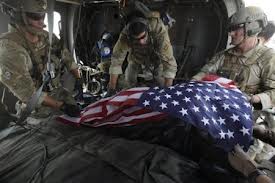A great Taliban leader Mullah Omar died two years ago in Pakistan, an official spokesman for Afghanistan’s security services states. Abdul Hassib Seddiqi told the BBC’s Afghan Service that Mullah Omar had died of health problems at a hospital in Pakistan.
The Afghan government’s stand on the news is not much but states that the information on his death is “credible”. The latest reports of Mullah Omar’s death that surfaced are being taken more seriously than previous such reports. The Taliban are expected to issue a statement soon.
Sources at the Taliban’s two main councils in Quetta and Peshawar in Pakistan told the BBC they were in intensive talks to agree on a replacement for Mullah Omar. A statement from the office of Afghanistan’s President Ashraf Ghani said that it believed, “based on credible information”, that Mullah Omar died in April 2013 in Pakistan. The new Afghan government, that came into power last year, has embarked on a peace process with the Taliban. In its statement, the government called on “all armed opposition groups to seize the opportunity and join the peace process”.
A security official in Pakistan, the country hosting the talks, told AP news agency that the claims of Mullah Omar’s death were mere “speculation”, designed to destabilise the negotiations. While Pakistan has always denied that Mullah Omar was in the country, the White House says it believes reports of his death are credible.
The Taliban militia won a series of victories under Mullah Omar’s leadership. The Taliban leader is believed to have suffered a shrapnel wound to his right eye in the 1980s. The Taliban leaders and members of their religious council (shura) have been locked in talks since Tuesday to elect the new supreme leader.
Who they vote for choose is crucial. The selection of his successor will have a big impact on the war and peace in Afghanistan as well as on the future of the Taliban movement itself. The decision will affect the peace talks between the Afghan government and the Taliban.
Mullah Omar’s death and the choice of his successor will also have an impact on the unity and cohesiveness of the Taliban. Omar was apparently said to be the glue that held the movement together since it was launched in 1994. He had become a mythical figure within the group and was “religiously” obeyed by the ranks and files all along.
The selection of a weak person or someone with a questionable legitimacy could result in the fragmentation of the Taliban and possible defections to the Islamic State.


